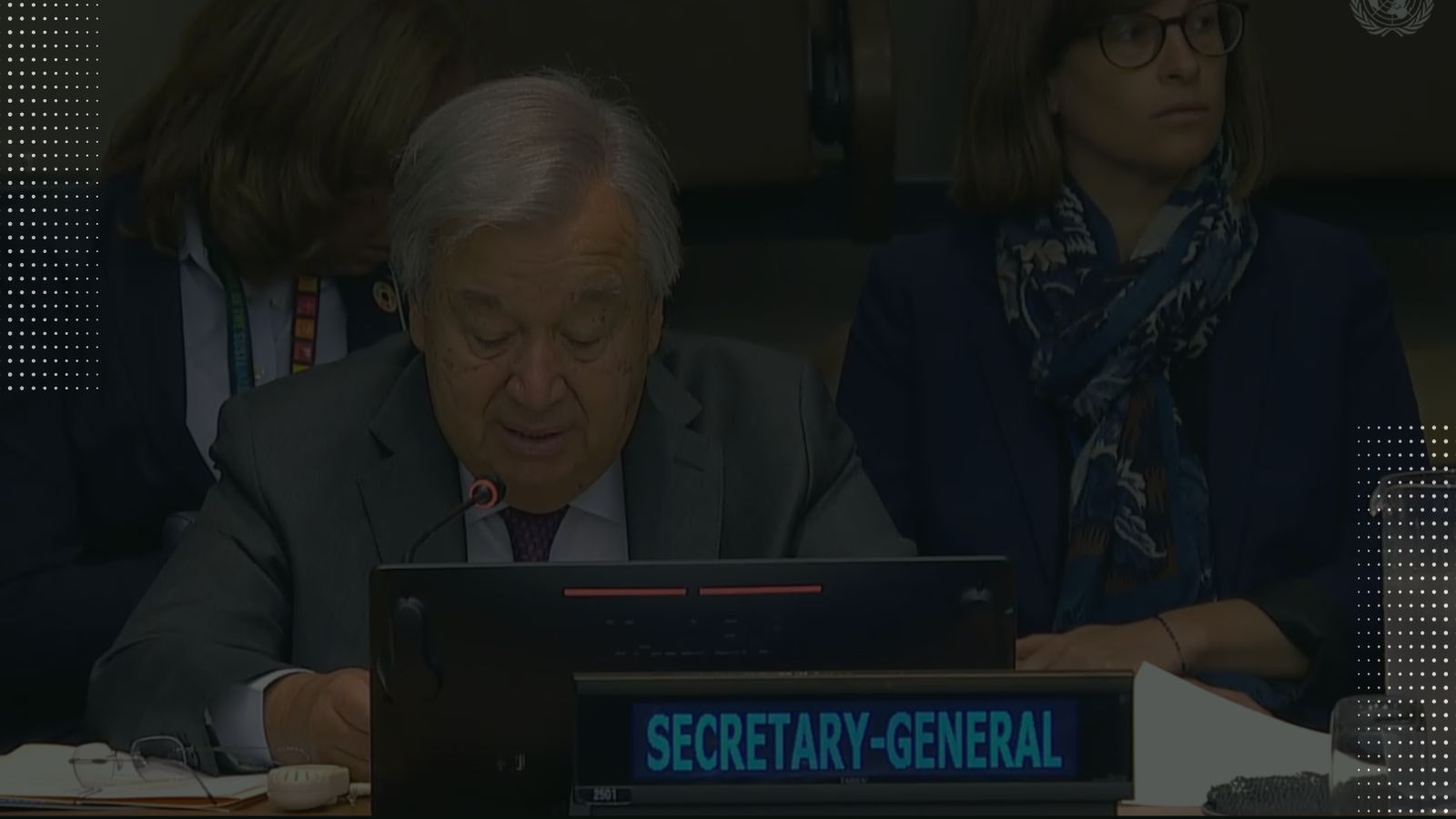In a significant departure from the previous UN Climate Action Summit in 2019, Heads of State from nearly every corner of the globe made clear statements about the urgent need to phase out fossil fuels. EU Commission President Ursula von der Leyen, German Chancellor Olaf Scholz, Chilean President Gabriel Boric, Tuvalu Prime Minister Kausea Natano, and Republic of Marshall Islands President David Kabua, among others, emphasized the urgency of transitioning away from fossil fuels.
Anticipations are high for discussions at UN COP28 in December, with goals such as tripling renewables and fossil fuel phase-out on the agenda

What set this summit apart was not just the powerful voices in attendance but also those absent from the room. Key polluters like the US, China, UK, and France did not participate, underscoring the need for action even in the absence of major players. The leaders present didn’t wait for international deadlines; they outlined comprehensive steps to transform their economies, from boosting renewables to electrifying transport and regulating methane emissions. These actions demonstrate a commitment to climate action at a critical moment.
Mia Mottley of Barbados, a leading advocate for reforming international financial institutions, urged world leaders to be resolute in their actions on climate change. She called for climate change to be addressed as urgently as the Ukraine war, emphasizing the need to borrow funds to tackle climate loss and damage and urging debt cancellation for poorer nations to enable SDG achievement and climate action.
Oliver Bäte, CEO of Allianz, emphasized the urgency of transformation and the need for market-based solutions that align with scientific and economic realities. He advocated for a swift phase-out of coal and a significant reduction in oil and gas usage. Bäte committed to substantial revenue growth in renewable energy and low-carbon technologies by 2030.
Prime Minister Trudeau of Canada faced scrutiny for Canada’s role as a major fossil fuel expander. While he pledged to introduce oil and gas emissions cap regulations and surpass Canada’s current methane reduction targets, questions lingered regarding the alignment of these commitments with the imperative to limit warming to 1.5°C and deliver climate justice.
This call for bold and urgent climate action, signals that the global community is at a crucial juncture where words must translate into meaningful and decisive actions to address the climate crisis.
“This #climatecrisis is a #fossilfuel crisis”@GavinNewsom, California State, Governor pic.twitter.com/sMGL6qwDNj
— UNCS News (@UNClimateSummit) September 20, 2023
Climate Solidarity Pact & Acceleration Agenda
Climate solidarity pact and acceleration agenda calling for
- Major emitters to make extra efforts to cut emissions
- Wealthy nations to support vulnerable countries to reach Net zero by 2040 and 2050 respectively
- Implement a fair and equitable just energy transition
- End Fossil fuel subsidies and set ambitious renewable energy goals in line with 1.5 C limit
- Climate Justice
- Push the global financial system towards supporting climate action, putting a price on carbon and overhauling the business models of multilateral development banks (MDBs)
- Operationalise the loss and damage fund at COP28
- Meet $100B commitment and double adaptation funding
- Ensure everyone is covered by an early warning system by 2027
Businesses and financial institutions to embark on true Net Zero pathways, with no shady pledges





